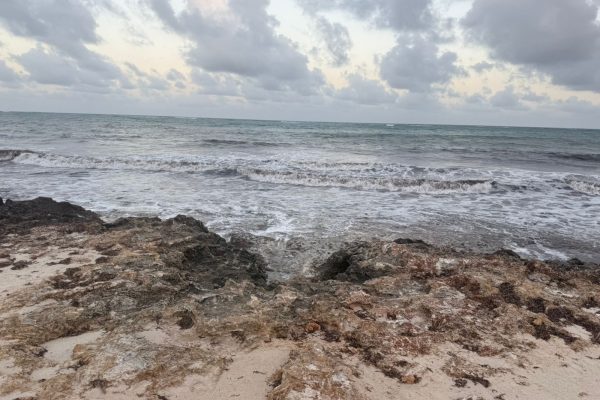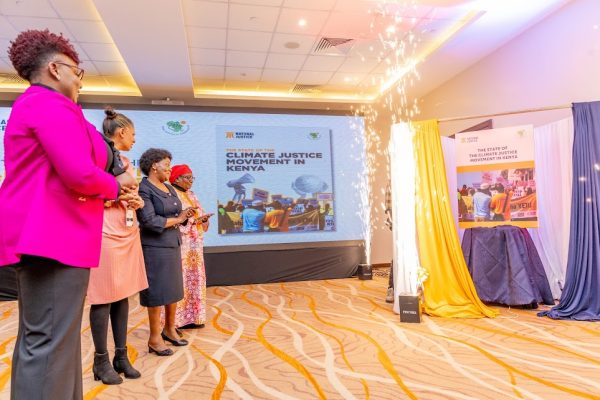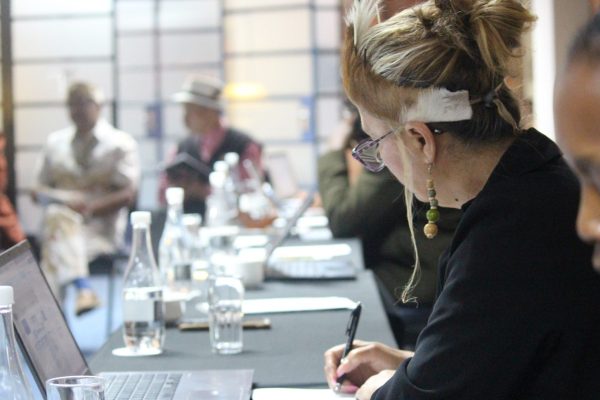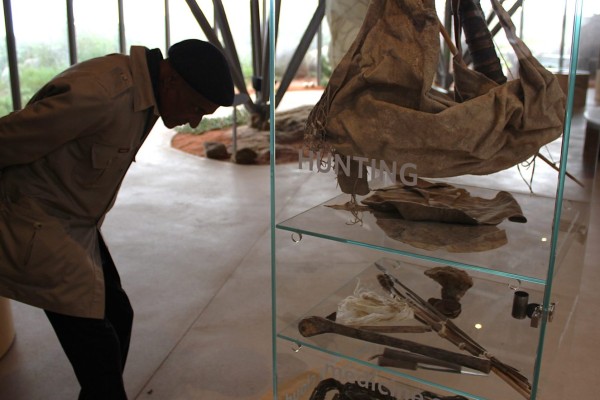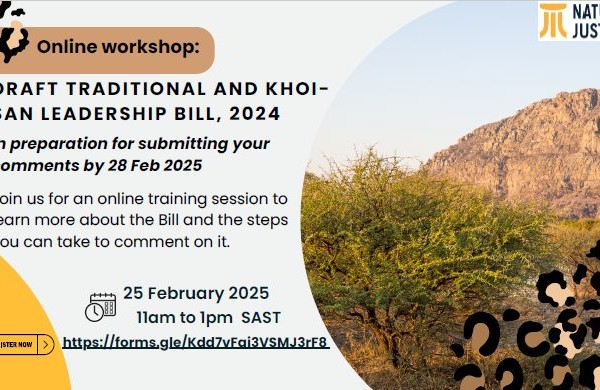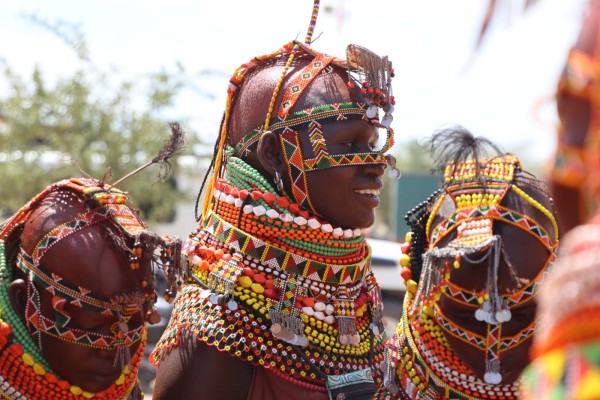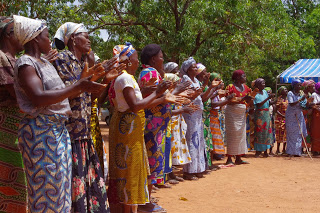
The Natural Justice team was in Wa, Ghana for a review of the first phase of the Africa Biocultural Community Protocols Initiative (ABCPI) on 21-22 June. The meeting included a review of the lessons learned from the first year of the initiative. The review began with reflection by representatives from each of the communities who engaged in the Biocultural Community Protocol (BCP) process through the initiative. The representatives were also encouraged to reflect on the usefulness of ‘BCPs: A Toolkit for Community Facilitators’ and to propose amendments or additions.
From Ghana, the community of Dafiama is preparing a BCP on Shea conservation and marketing and the community of Tanchara further developed and used for dialogue their BCP on local gold exploration and sacred sites. From Ethiopia, the community of Sheka Forest is developing a BCP asserting their right to steward the forest. In Kenya, the Maasai community of Ilkusemeti is preparing a BCP on land use, the Samburu community is extending their BCP on livestock keeping rights, and the communities of Lamu are demanding community inclusion in a major port development planning. In South Africa, the Kukula Traditional Health Practitioners of Bushbuckridge are using their BCP to consider an access and benefit sharing (ABS) agreement with a cosmetics company. In Namibia, the community residing in Bwabata National Park is contemplating using a BCP to establish their right to reside and conserve the park.
From the review, the representatives identified key issues in BCP development. They included having clear objectives, effective and representative community governance structures, engaging facilitators with existing trust relationships with the community and the ability to translate community values and practices to external actors, the importance of proactively and productively engaging with governments, the importance of including documentation throughout the process, and the need for meaningful legal support.
Moving forward, the ABS Capacity Development Initiative for Africa, a leading backer of the ABCPI, looked forward to supporting the communities represented and others in further developing and using BCPs. Natural Justice, and other participants, wish to thank the ABS Capacity Development Initative, the Open Society for Southern Africa, the Heinrich Böll Foundation, the Christensen Fund, and University of Cape Town’s Open AIR project, for their generous support of the Initiative and its participant communities. Natural Justice also thanks the Centre for Indigenous Knowledge and Organisational Development (CIKOD), ETC COMPAS, and all other ABPCI participants.

